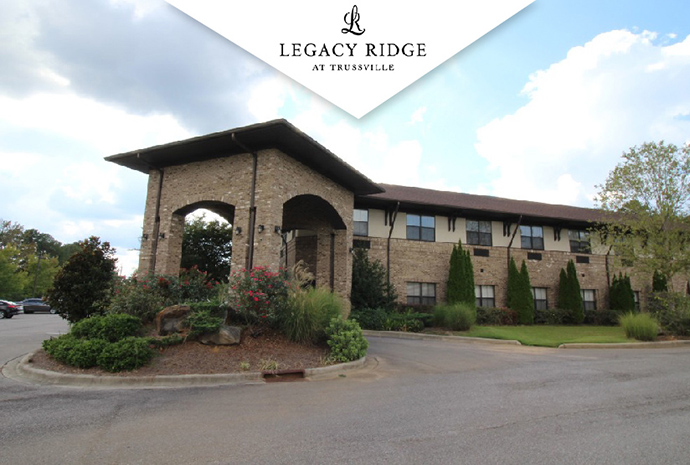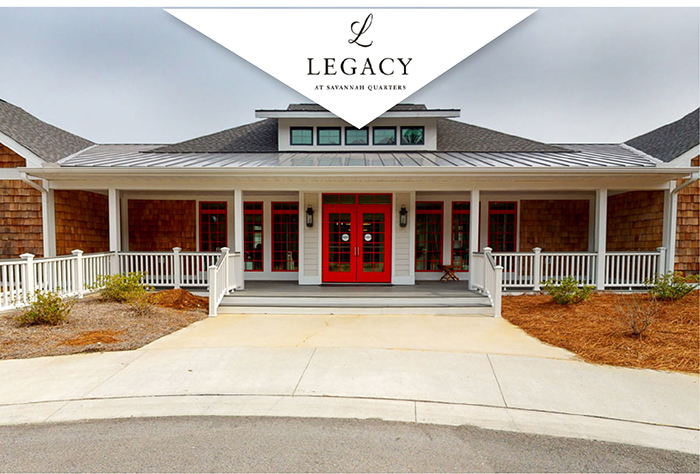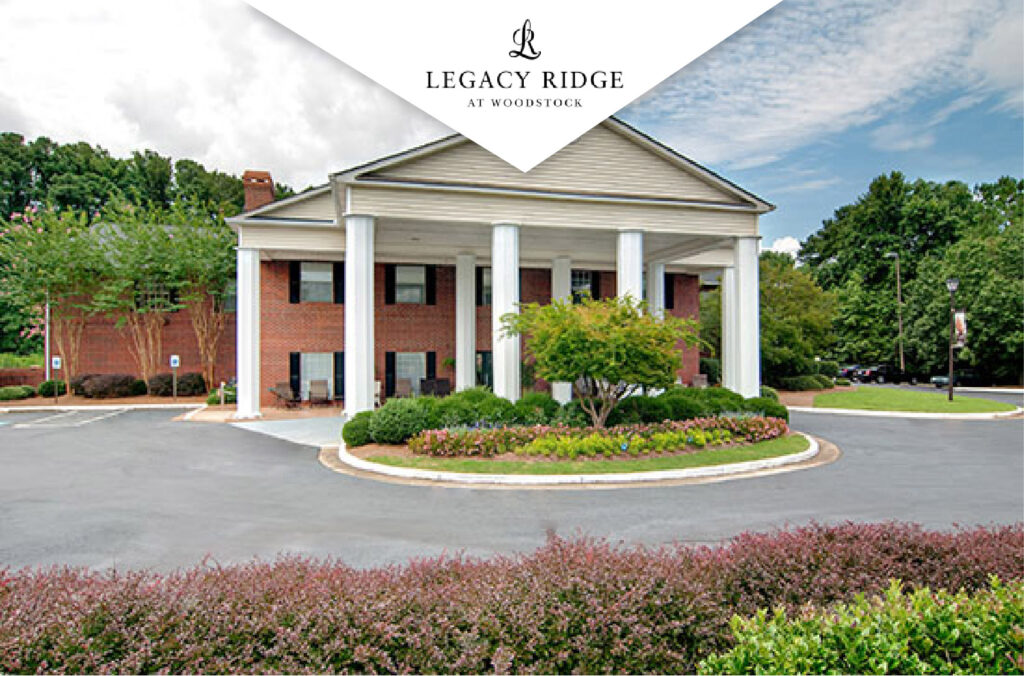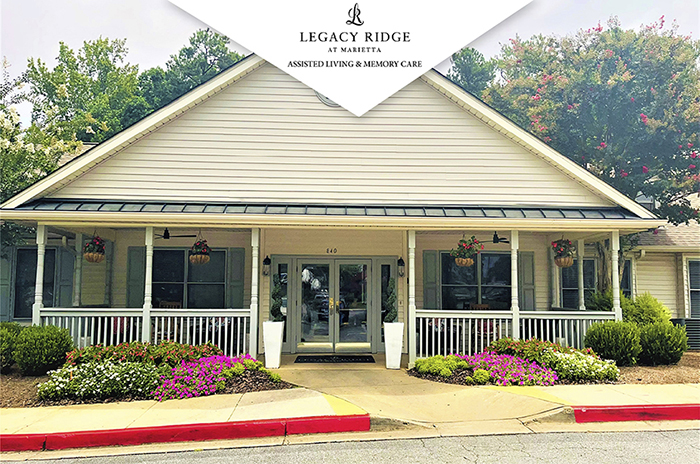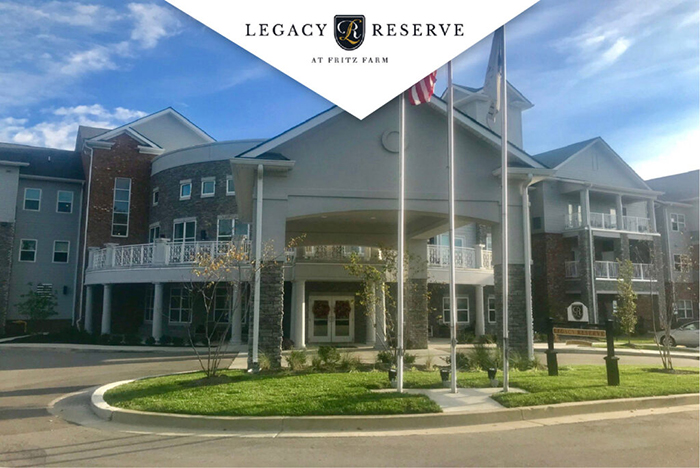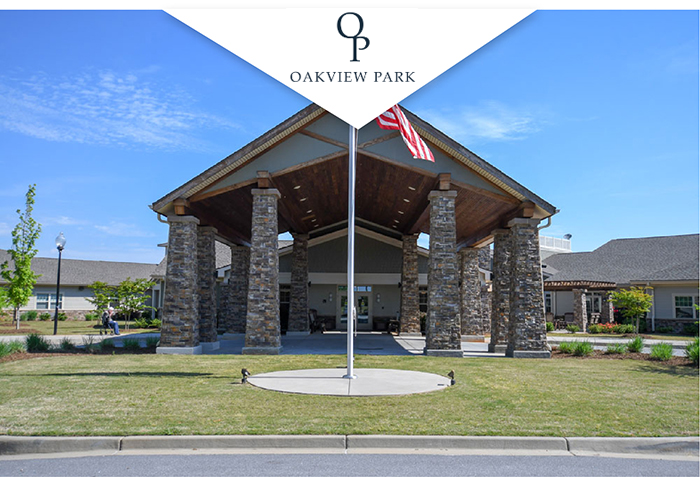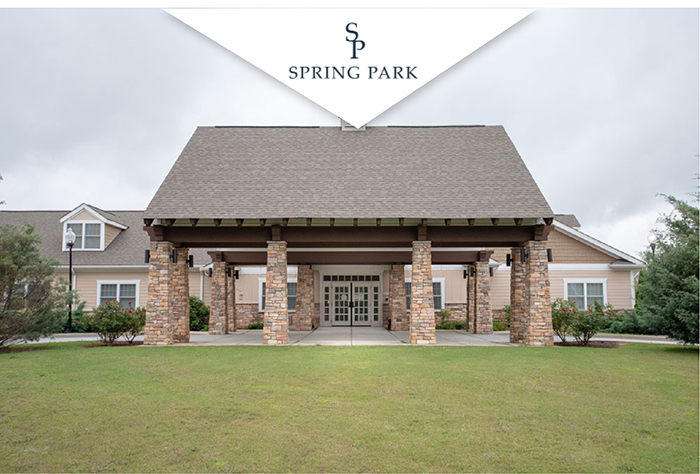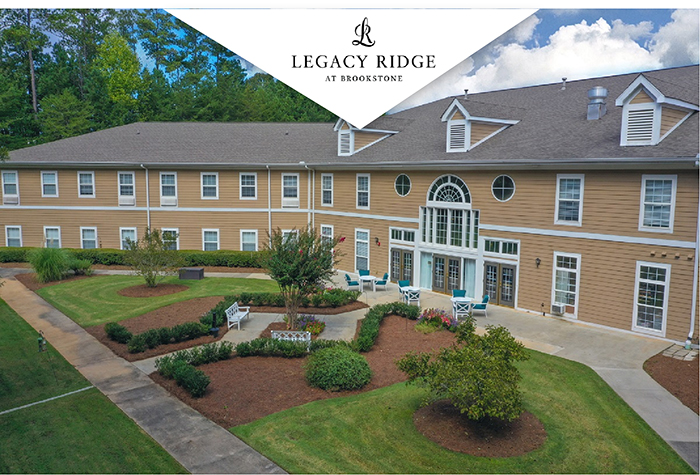Financial Resources for Senior Living
At Atlas Senior Living we're here to help guide you
Financial Assistance
Our trusted financial experts at ElderLife Financial and AidandAttendance.com work with you and your family to determine which resources are available to you and the best options for moving forward.



Your Guide to Financial Options
 As you begin creating a budget to understand affordability, it’s best to start by having a clear understanding of all personal resources that are available. Over the years, you may have acquired assets, saved money or bought insurance policies.
As you begin creating a budget to understand affordability, it’s best to start by having a clear understanding of all personal resources that are available. Over the years, you may have acquired assets, saved money or bought insurance policies.
You may also have money in a savings account, 401k, stocks, bonds, CDs, or others, which you can draw down on to pay for ongoing care needs.
 When you move to a senior living community, the equity in your home may be one of your largest assets. Working with the right real estate agent to sell your home at maximum value can provide a sum of money to help fund your senior living expenses. Seniors Real Estate Specialists® (SRES®) are Realtors® with an advanced certification and specialize in helping older adults sell their homes.
When you move to a senior living community, the equity in your home may be one of your largest assets. Working with the right real estate agent to sell your home at maximum value can provide a sum of money to help fund your senior living expenses. Seniors Real Estate Specialists® (SRES®) are Realtors® with an advanced certification and specialize in helping older adults sell their homes.
During the home selling process, you may realize that you have belongings you no longer need. You can also liquidate assets and conduct estate sales so you keep only what you want and use the additional funds to help pay for senior living.
 The Department of Veteran Affairs (VA) offers benefits to help Veterans pay for increased senior care. The Aid and Attendance benefit is one of these programs and can provide eligible U.S. Military Veterans and their spouses over $2,700 of monthly, tax-free income, which can help cover the costs of their senior care.
The Department of Veteran Affairs (VA) offers benefits to help Veterans pay for increased senior care. The Aid and Attendance benefit is one of these programs and can provide eligible U.S. Military Veterans and their spouses over $2,700 of monthly, tax-free income, which can help cover the costs of their senior care.
See if you qualify here
 Long-term care insurance is a type of insurance that people buy because they anticipate needing to pay for long-term senior care at some point. These types of policies can also be very specific about what services and care they cover — and what they do not.
Long-term care insurance is a type of insurance that people buy because they anticipate needing to pay for long-term senior care at some point. These types of policies can also be very specific about what services and care they cover — and what they do not.
If you’re worried you’re not getting the maximum payouts for care or have questions about your policy, ElderLife has consultants available to help review your policy, at no cost to you.
 Life insurance is a type of insurance that people typically buy so their loved ones receive a sum of money after the policyholder’s passing. And as you age, your life insurance premiums may increase. In some cases, policyholders decide to let their policies lapse because of the increased premiums.
Life insurance is a type of insurance that people typically buy so their loved ones receive a sum of money after the policyholder’s passing. And as you age, your life insurance premiums may increase. In some cases, policyholders decide to let their policies lapse because of the increased premiums.
Depending on the type of insurance policy you have, you may be able to access funding from it or sell it during your lifetime, which you can use to pay for senior living. Not all life insurance policies can be used this way, so it’s best to review your policy to determine if and how you can use your policy to help pay for senior living.
 The Internal Revenue Service (IRS) offers tax deductions on some costs related to senior care. Generally, you’re able to deduct certain medical expenses if they are over 7.5% of your adjusted gross income. There are rules on what you can and cannot deduct, but these tax deductions can go a long way.
The Internal Revenue Service (IRS) offers tax deductions on some costs related to senior care. Generally, you’re able to deduct certain medical expenses if they are over 7.5% of your adjusted gross income. There are rules on what you can and cannot deduct, but these tax deductions can go a long way.
Since the tax rules are complex, it’s always best to consult your accountant or tax advisor. Their expert knowledge may be able to help you free up more money to help you pay for senior living.
 As you begin creating a budget to understand affordability, it’s best to start by having a clear understanding of all personal resources that are available. Over the years, you may have acquired assets, saved money or bought insurance policies.
As you begin creating a budget to understand affordability, it’s best to start by having a clear understanding of all personal resources that are available. Over the years, you may have acquired assets, saved money or bought insurance policies.
You may also have money in a savings account, 401k, stocks, bonds, CDs, or others, which you can draw down on to pay for ongoing care needs.
 When you move to a senior living community, the equity in your home may be one of your largest assets. Working with the right real estate agent to sell your home at maximum value can provide a sum of money to help fund your senior living expenses. Seniors Real Estate Specialists® (SRES®) are Realtors® with an advanced certification and specialize in helping older adults sell their homes.
When you move to a senior living community, the equity in your home may be one of your largest assets. Working with the right real estate agent to sell your home at maximum value can provide a sum of money to help fund your senior living expenses. Seniors Real Estate Specialists® (SRES®) are Realtors® with an advanced certification and specialize in helping older adults sell their homes.
During the home selling process, you may realize that you have belongings you no longer need. You can also liquidate assets and conduct estate sales so you keep only what you want and use the additional funds to help pay for senior living.
 The Department of Veteran Affairs (VA) offers benefits to help Veterans pay for increased senior care. The Aid and Attendance benefit is one of these programs and can provide eligible U.S. Military Veterans and their spouses over $2,700 of monthly, tax-free income, which can help cover the costs of their senior care.
The Department of Veteran Affairs (VA) offers benefits to help Veterans pay for increased senior care. The Aid and Attendance benefit is one of these programs and can provide eligible U.S. Military Veterans and their spouses over $2,700 of monthly, tax-free income, which can help cover the costs of their senior care.
See if you qualify here
 Long-term care insurance is a type of insurance that people buy because they anticipate needing to pay for long-term senior care at some point. These types of policies can also be very specific about what services and care they cover — and what they do not.
Long-term care insurance is a type of insurance that people buy because they anticipate needing to pay for long-term senior care at some point. These types of policies can also be very specific about what services and care they cover — and what they do not.
If you’re worried you’re not getting the maximum payouts for care or have questions about your policy, ElderLife has consultants available to help review your policy, at no cost to you.
 Life insurance is a type of insurance that people typically buy so their loved ones receive a sum of money after the policyholder’s passing. And as you age, your life insurance premiums may increase. In some cases, policyholders decide to let their policies lapse because of the increased premiums.
Life insurance is a type of insurance that people typically buy so their loved ones receive a sum of money after the policyholder’s passing. And as you age, your life insurance premiums may increase. In some cases, policyholders decide to let their policies lapse because of the increased premiums.
Depending on the type of insurance policy you have, you may be able to access funding from it or sell it during your lifetime, which you can use to pay for senior living. Not all life insurance policies can be used this way, so it’s best to review your policy to determine if and how you can use your policy to help pay for senior living.
 The Internal Revenue Service (IRS) offers tax deductions on some costs related to senior care. Generally, you’re able to deduct certain medical expenses if they are over 7.5% of your adjusted gross income. There are rules on what you can and cannot deduct, but these tax deductions can go a long way.
The Internal Revenue Service (IRS) offers tax deductions on some costs related to senior care. Generally, you’re able to deduct certain medical expenses if they are over 7.5% of your adjusted gross income. There are rules on what you can and cannot deduct, but these tax deductions can go a long way.
Since the tax rules are complex, it’s always best to consult your accountant or tax advisor. Their expert knowledge may be able to help you free up more money to help you pay for senior living.
Get Financial Assistance
Bridge Loans

When transitioning to senior living, it’s not uncommon to have a short waiting period before long-term resources are available to pay for increased care. A few common examples of this period are waiting for the sale of a home, VA benefits to be awarded, the elimination period for a long-term care insurance policy to end, or the liquidation of stocks or other assets. A delay before receiving these funds does not mean you need to delay your move into a community. The ElderLife Bridge Loan can help “bridge” the gap between your move-in and when the funds become available. ElderLife Financial funds many of its Bridge Loans within 24 hours — allowing you to move into your desired community within a day.
When transitioning to senior living, it’s not uncommon to have a short waiting period before long-term resources are available to pay for increased care. A few common examples of this period are waiting for the sale of a home, VA benefits to be awarded, the elimination period for a long-term care insurance policy to end, or the liquidation of stocks or other assets.
Bridge Loan can help “bridge” the gap between your move-in and when the funds become available. ElderLife Financial funds many of its Bridge Loans within 24 hours — allowing you to move into your desired community within a day.


Home Equity Conversion Mortgage
This is a federally regulated reverse mortgage designed for homeowners aged 62 and over. This financial option allows individuals to tap into their home equity to cover care expenses. To explore the suitability of an HECM, individuals must undergo mandatory counseling and consult with a federally approved lender in their state.
Joint Housing Options
We take special care to match people together so that the shared housing experience is positive and enjoyable.
Engaging in our shared housing program not only allows residents to enjoy the company of like-minded companions but also serves as a savvy financial choice.
Discover Your Ideal Community! Inquire About Shared Housing
How to Take the Next Step
There are many ways to pay for Senior Living, but knowing which options are best for you and your family may seem daunting. Your free consultation with an ElderLife Financial Concierge can help determine which resources are available based on your unique situation.
Contact Us
For Veterans
Useful Articles to Learn More

Step into the New Year: Elevate Your Retirement with Strategic Financial Moves
As the new year approaches, navigating the financial landscape of retirement becomes pivotal for those considering a shift to senior community living in 2024. Optimizing financial strategies can significantly influence the quality of life in these communities, where independent, assisted, and memory care services play essential roles. This article delves into key financial considerations tailored

Senior Living: Financial Planning Tips for a Comfortable Retirement
Table of Contents Add a header to begin generating the table of contents As we age, the desire for a comfortable and worry-free lifestyle becomes even more important. Living in a senior living community can offer just that, with its abundance of amenities and services tailored to meet the needs of its residents. However, such

Why Senior Living Series: Is Senior Living Affordable?
The senior living journey can feel daunting and overwhelming. There are many factors involved in picking the right facility for your parent or loved one, whether it’s floor plans, availability, care levels offered, and, among the most important, how affordable it all is. At Atlas Senior Living, our communities want to help and inform you









